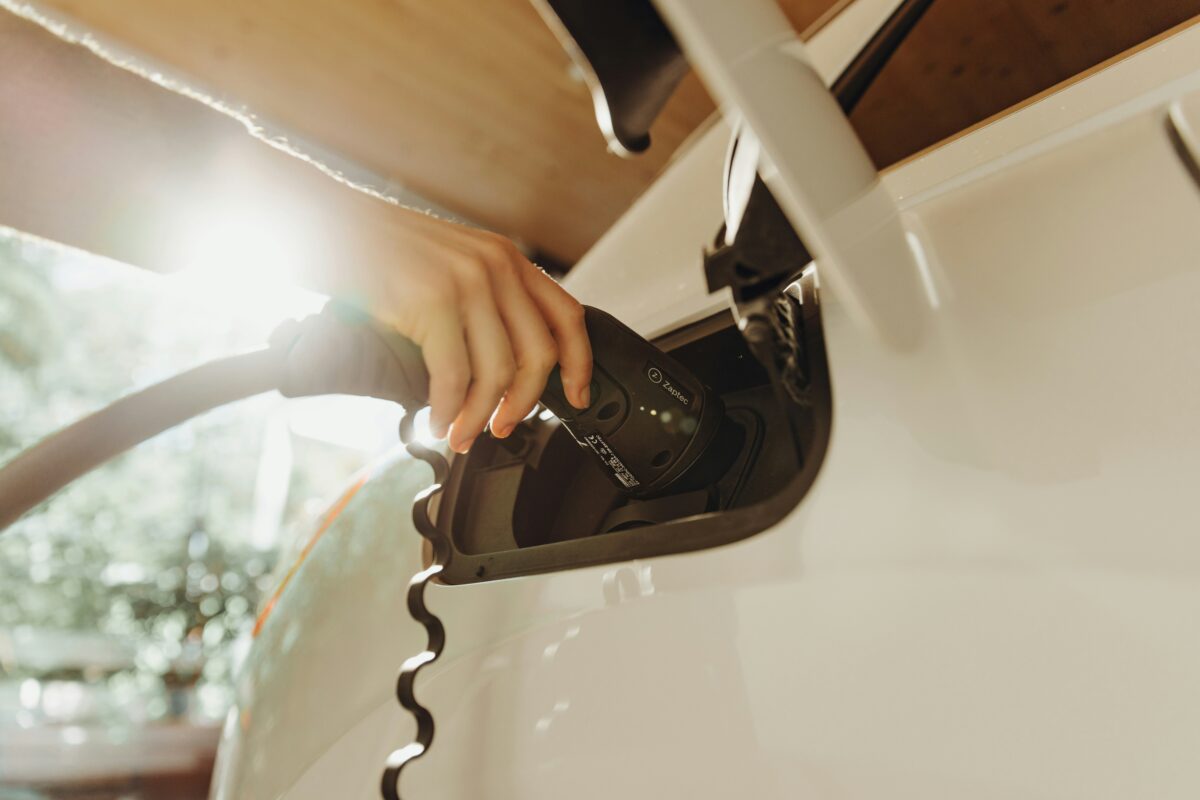An international research team has conducted a techno-economic analysis of a standalone EV charging station that utilizes solar energy and hydrogen as electricity sources and can also be coupled with a lithium-ion (Li-Ion) battery.
The analysis was conducted with the simulation software HOMER under the environmental conditions of the southeastern Pakistani city of Jamshoro. “Hybrid PV-hydrogen and PV-hydrogen-battery are the two different scenarios that are carried out and compared based on their both technical as well as financial standpoints,” the researchers specified, noting that the chosen location has a daily solar radiation of 5.53 kWh/m2.
The simulated standalone station was assumed to use an unspecified number of solar panels, with a power of 327 W and an efficiency of 21%. They were assumed to have a lifetime of 25 years and an annualized total cost of $118,618.74. The electrolyzer had 75% efficiency, a lifetime of 15 years, and an annualized cost of $51,669.94. Its proton exchange membrane (PEM) type fuel cell had a lifetime of 40,000 hours and a yearly cost of $20,667.72, while the hydrogen tank had a lifetime of 25 years and an annual cost of $6,729.83.
That system was then compared against an identical system with the addition of a Li-Ion battery of 1 kWh, with a lifetime of ten years and a cost of $20,856.92 per year. In both scenarios, the system has an EV load of 1,700 kWh /day. The EVs were assumed to be MG ZS EV sport utility vehicles with a 44.5 kWh battery, which can receive a maximum charge of 22 kW.
Through the analysis, the group found that the hybrid PV-hydrogen-battery energy system has much more financial and economic benefits compared to the PV-hydrogen energy system alone. “Moreover, it is also seen that costs of energy from hybrid PV-hydrogen-battery is more appealing at $0.358/kWh, from $0.412 $/kWh cost of energy from hybrid PV-hydrogen,” the researchers further explained.
“The power produced by the hybrid PV-hydrogen-battery energy for the daily load demand of 1700 kWh/day, consists of two powers produced independently by the PV and fuel cells of 87.4% and 12.6%, respectively,” the group stressed.
Its findings were presented in “Techno-economic analysis of standalone hybrid PV-hydrogen-based plug-in electric vehicle charging station,” published in Energy Reports. The study was conducted by scientists from Pakistan’s Mehran University of Engineering & Technology, Qatar’s Qatar University, the United Arab Emirates University of Sharjah, and Iran’s Islamic Azad University.
“The findings of this study gave an encouraging nod for the planning of an off-grid perfectly renewable system via PV and hydrogen with battery system because of its cost-effective nature,” the team concluded.
This content is protected by copyright and may not be reused. If you want to cooperate with us and would like to reuse some of our content, please contact: editors@pv-magazine.com.



By submitting this form you agree to pv magazine using your data for the purposes of publishing your comment.
Your personal data will only be disclosed or otherwise transmitted to third parties for the purposes of spam filtering or if this is necessary for technical maintenance of the website. Any other transfer to third parties will not take place unless this is justified on the basis of applicable data protection regulations or if pv magazine is legally obliged to do so.
You may revoke this consent at any time with effect for the future, in which case your personal data will be deleted immediately. Otherwise, your data will be deleted if pv magazine has processed your request or the purpose of data storage is fulfilled.
Further information on data privacy can be found in our Data Protection Policy.